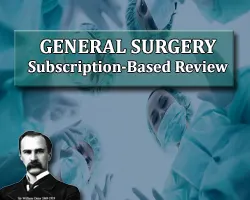General Surgery 2023 Subscription-Based Review
$675.00 – $1,000.00
Description
CME on Your Terms – The Osler Institute utilized state-of-the-art equipment to record our Live Virtual Webinar July 2023 comprehensive Surgery Review Course and bring it to you! These Video files are stored “in the cloud,” so you can stream them anywhere, anytime, as long as you have an internet connection and watch or listen to them on your phone, computer, or tablet. As a result, the learning experience is almost like being at a live activity without travel costs and time away from your practice. In addition, each online review is a downloadable copy of the syllabus that corresponds to the Video lectures for your use while viewing or as a free-standing study or clinical practice guide.
This comprehensive review is designed to update your clinical knowledge base and help you pass your General Surgery ABS Qualifying exam and Continuous Certification (CC). Emphasis is on evidence-based medicine and board-relevant standards of care, incorporating current best practice concepts, surgical approaches, and clinical follow-up strategies. As a result, it provides a good review for your ABS Qualifying exam and a thorough general surgery review for physicians in practice. In addition, many previous learners have found the course provided them with improved diagnostic and planning strategies, a better understanding of the best surgical approaches for the principal areas covered by general surgeons, and helped them recognize areas of weakness for self-study.
CME
Release Date: August 7, 2023
Expiration Date: August 6, 2026
Estimated Time to Complete: 50 Hours
Accreditation:
The Osler Institute is accredited by the Accreditation Council for Continuing Medical Education (ACCME) to provide continuing medical education for physicians.
Designation:
The Osler Institute designates this Enduring Material for a maximum of 50 AMA PRA Category 1 Credits™. Physicians should only claim credit commensurate with their participation in the activity.
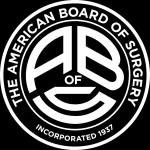
Successful completion of this CME activity enables the learner to earn credit toward the CME requirement(s) of the American Board of Surgery’s Continuous Certification program. It is the CME activity provider’s responsibility to submit learner completion information to ACCME for the purpose of granting ABS credit.
Required Physician Participation:
Review the audio/video lectures at your own pace. To claim CME credit, Learners must complete a self-assessment post-test (a score of 75% or greater is required) and activity evaluation to test the knowledge gained and its application to your practice. You may take the test and utilize the accompanying syllabus by accessing the links provided. More than one test attempt is allowed, and feedback is provided.
Faculty & Topics
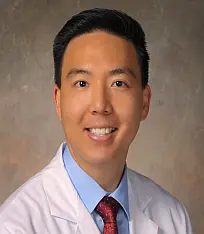 Andrew Wu, MD, FACS, FASMBS
Andrew Wu, MD, FACS, FASMBS
Minimally Invasive and Metabolic Surgery
Shock and Multiple Organ Failure
Stomach and Duodenum – Malignant Disorders
Gynecologic and GU Surgery
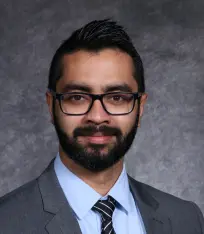 Syed S. Razi, MD
Syed S. Razi, MD
Mediastinum and Chest Wall Disorders
Pulmonary Surgery: Benign and Malignant
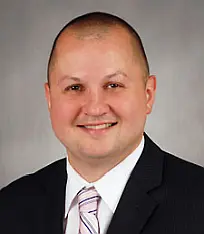 Nikolai Bildzukewicz, MD, FACS
Nikolai Bildzukewicz, MD, FACS
Esophageal Disorders – Benign and Malignant
Gastrointestinal Bleeding
Stomach and Duodenum – Benign Disorders
Hepatobiliary Portal Hypertension I and II
 Louis Portugal, MD, FACS
Louis Portugal, MD, FACS
Head and Neck Surgery I and II
Thyroid Surgery
Parathyroid Surgery
 Marc Lessin, MD, JD
Marc Lessin, MD, JD
Pediatric Trauma and Emergencies
Pediatric Tumors
Congenital GI Disorders
Ethics and Palliative Care Medicine
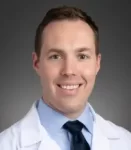 Ryan Griffith, MD, FACS
Ryan Griffith, MD, FACS
Adrenal Surgery
Transfusion and Disorders of Coagulation
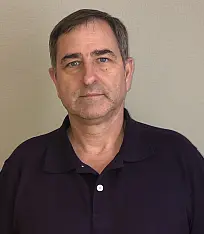 Gregory York, MD, FACS†
Gregory York, MD, FACS†
Head and Neck Trauma
Thoracic Trauma
Abdominal and Pelvic Trauma I and II
Pulmonary Critical Care
Nutrition and Metabolism
Cardiac Critical Care
Preoperative Evaluation and Perioperative Care
Fluids, Electrolytes and Acid-Base
Infection and Antimicrobial Therapy
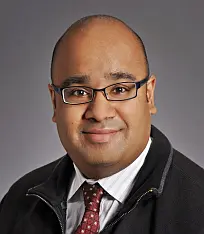 Paras Khandhar, MD, FAAP
Paras Khandhar, MD, FAAP
Evidenced-Based Medicine (EBM)
Patient Safety, Quality Improvement, Ethics, Professionalism, and Credentialing
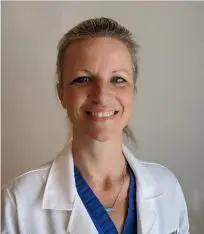 Laura Crankshaw, MD
Laura Crankshaw, MD
Burn and inhalation Injuries
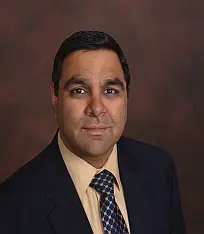 Sandip Maru, MD, FACS, RPVI
Sandip Maru, MD, FACS, RPVI
Aortic and Carotid Disorders
Peripheral Arterial Disease
Venous and Thromboembolic Disorders
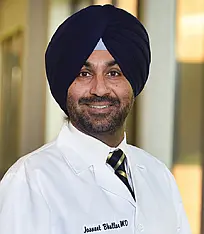 Jasneet Bhullar MD, MS, FACS, FASCRS
Jasneet Bhullar MD, MS, FACS, FASCRS
Abdominal Wall and Hernias
Multiple Endocrine Neoplasia
Oncology and Tumor Biology
Immunology and Transplantation
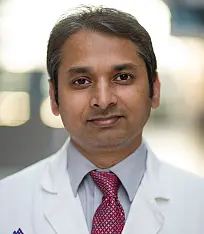 Amit Pawale, MD, FRCS, FACS
Amit Pawale, MD, FRCS, FACS
Cardiac Surgery: Adult and Pediatric
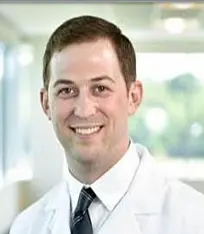 Cory Barrat, MD, FACS, FASCRS
Cory Barrat, MD, FACS, FASCRS
Anorectal and Colorectal – Benign Disorders
Anorectal and Colorectal-Malignant Disorders
Small Bowel and Spleen
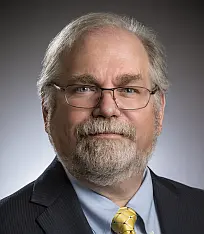 Aaron Chevinsky MD, MBA, FACS
Aaron Chevinsky MD, MBA, FACS
Breast – Benign Disorders
Breast-Malignant Disorders
Skin and Melanoma
Sarcoma
Pancreas – Benign and Malignant Disorders
Financial Disclosure
Faculty, Planner, and Reviewer Disclosure Declaration
In compliance with the Standards, Guidelines, and Ethical opinions of the ACCME, AAMC, and AMA, The Osler Institute requires that anyone with input into the planning or presentation of Continuing Medical Education activities provided or jointly – provided by The Osler Institute must disclose to the program audience any relevant financial relationships with companies or organizations about whose products or services they are discussing in their presentations.
The following faculty/planners/reviewers disclosed a relevant financial relationship(s).
The following faculty/planners/reviewers listed no relevant financial relationship(s) to disclose.
Cory Barrat, MD, FACS
Jasneet Bhullar, MD, MS
Nikolai Bildzukewicz, MD, FACS
Aaron Chevinsky, MD, MBA, FACS
Laura Crankshaw, MD
Paras Khandhar, MD, FAAFP
Marc S. Lessin, MD, JD
Sandip T. Maru, MD, FACS
Amit Pawale, MD, FRCS
Louis G. Portugal, MD, FACS
Syed Razi, MD
Matthew Strode, DO
Andrew S. Wu, MD, FACS
Gregory B. York, MD, FACS
Joseph Selliken, MD†
Michael Stewart†
Erin Baynard†
Copies of the Faculty Disclosure Forms are available upon request.
† Program Planning Committee
* Reviewer if Applicable
Objectives
After this review, each participant will be able to:
- Summarize the basic science fundamentals underlying patient management as applied to general surgery.
- Describe preoperative, operative, and postoperative patient care in the principal component areas of general surgery: specifical diseases of the head and neck, breast, skin and soft tissues, alimentary tract, abdomen, vascular system, endocrine system, comprehensive trauma management, and emergency operations, and critical surgical care.
- Discuss the principles of perioperative patient care in the surgical specialties of cardiothoracic surgery, pediatric surgery, and transplant surgery.
- Summarize the clinical care of patients with common problems in urology, gynecology, orthopedics, and burns.
- Demonstrate an understanding of tumor staging and describe the appropriate surgical and nonsurgical management required.
- Discuss non-operative management options for general surgery patients who may not require surgical intervention (e.g., patients with pancreatitis, portal hypertension, immunosuppression, multiple traumas).
- Outline the appropriate use of newer diagnostic and therapeutic methods such as laser-based applications; stereotactic breast biopsy; physiologic testing and evaluation of the GI tract; noninvasive vascular system diagnostic evaluation and invasive vascular interventional techniques; ultrasonography of the head and neck, breast, and abdomen; and endorectal ultrasound.
How-To and Player Help
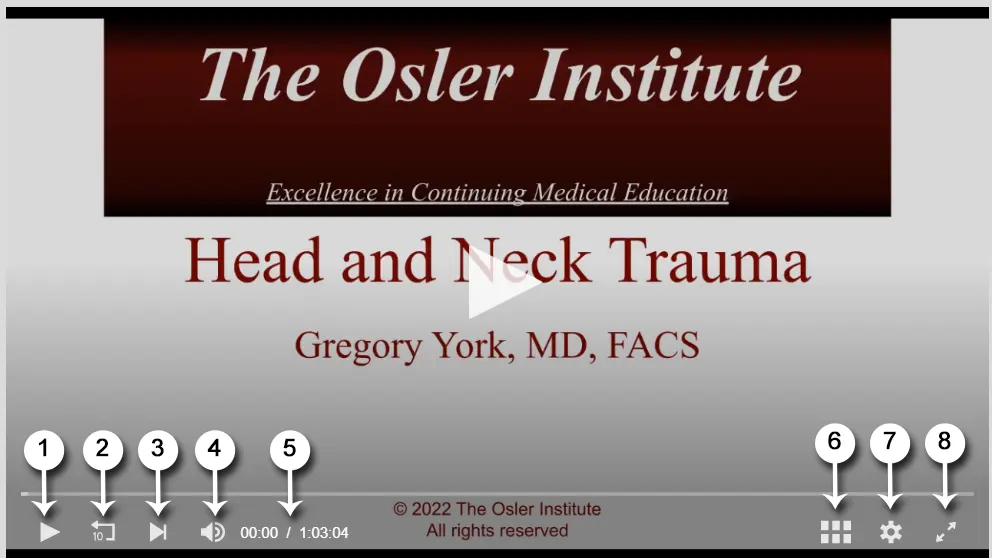
The player controls left to right.
-
- Play
- Rewind 10 sec
- Next up
- Volume
- Time Played/ Total Time
- More Videos
- Settings
Quality
Playback Rates
- Full Screen
7. Settings, Quality, and Playback Rates
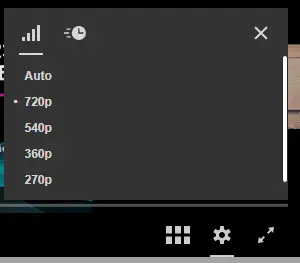
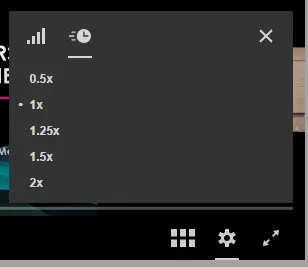
All Subscription-Based Reviews are accessed from the page that they were purchased from.
Guarantee
The Osler Institute takes pride in providing the highest quality education to our learners. We offer courses that are guaranteed to help them confidently pass their examinations. In the unlikely event of a learner not passing their examination, we offer the opportunity to re-enroll in the same course tuition-free until they succeed. For complete information on this guarantee, we invite you to review our comprehensive Terms and Conditions.
Osler Subscription-based Review Promise
When a new version of this subscription-based review is released, Osler will automatically add access to the new version for the remainder of the subscription time available.


 Andrew Wu, MD, FACS, FASMBS
Andrew Wu, MD, FACS, FASMBS Syed S. Razi, MD
Syed S. Razi, MD Nikolai Bildzukewicz, MD, FACS
Nikolai Bildzukewicz, MD, FACS Louis Portugal, MD, FACS
Louis Portugal, MD, FACS Marc Lessin, MD, JD
Marc Lessin, MD, JD Ryan Griffith, MD, FACS
Ryan Griffith, MD, FACS Gregory York, MD, FACS†
Gregory York, MD, FACS† Paras Khandhar, MD, FAAP
Paras Khandhar, MD, FAAP Laura Crankshaw, MD
Laura Crankshaw, MD Sandip Maru, MD, FACS, RPVI
Sandip Maru, MD, FACS, RPVI Jasneet Bhullar MD, MS, FACS, FASCRS
Jasneet Bhullar MD, MS, FACS, FASCRS Amit Pawale, MD, FRCS, FACS
Amit Pawale, MD, FRCS, FACS Cory Barrat, MD, FACS, FASCRS
Cory Barrat, MD, FACS, FASCRS Aaron Chevinsky MD, MBA, FACS
Aaron Chevinsky MD, MBA, FACS


